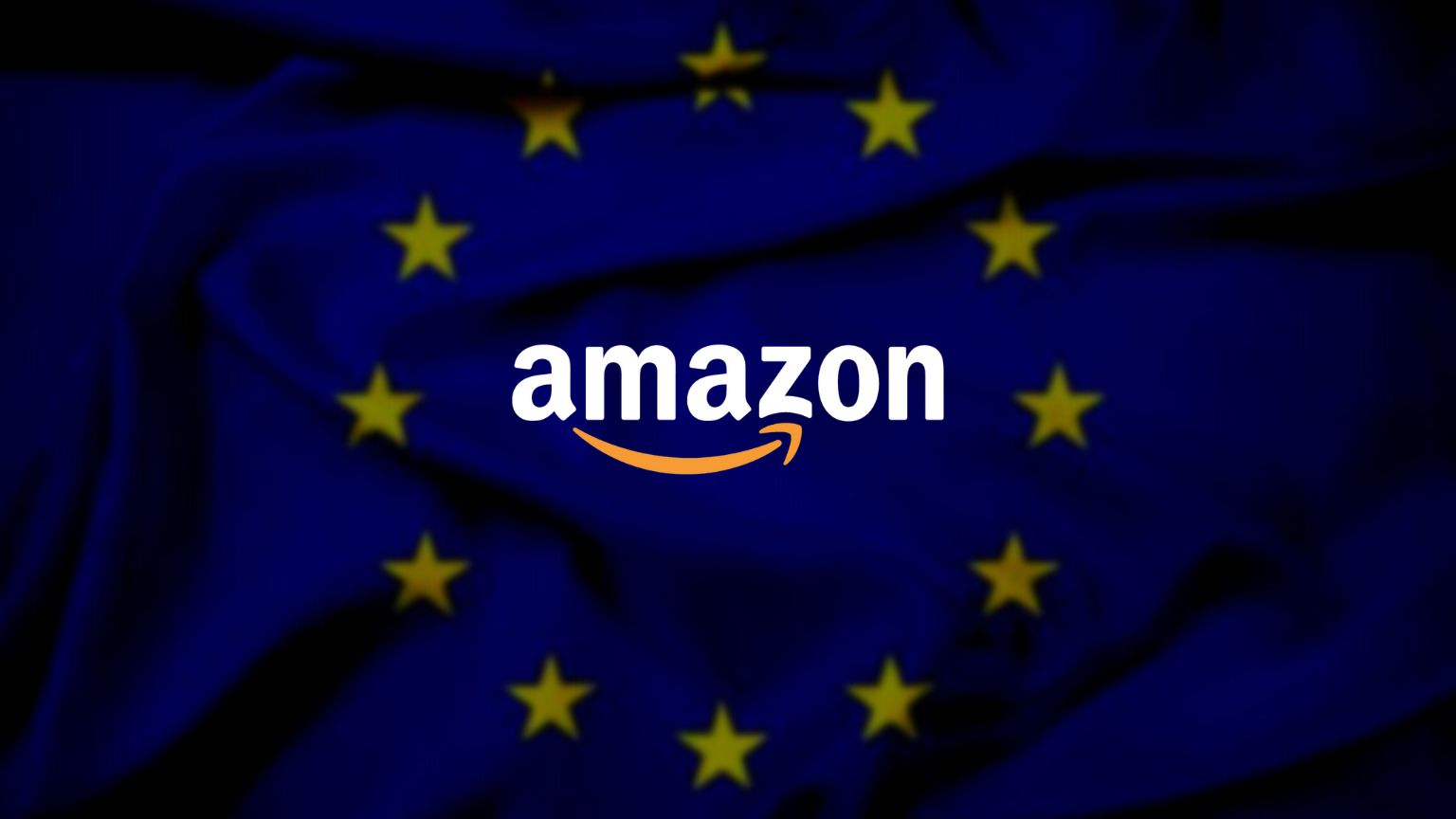In an interesting movie, Amazon has voiced dissent against the European Union’s forthcoming regulations aimed at curbing online “disinformation.” The retail and tech colossus lodged a formal petition to the General Court in Luxembourg, contesting certain aspects of the rules, as per information initially divulged by the Financial Times.
The laws in question are encapsulated within the EU’s new censorship law, titled the Digital Services Act (DSA), an alarming set of rules due to take effect on August 25th. This extensive legislation targets major tech entities with measures aimed at reigning in digital disinformation and hate speech.
In its approach to ensuring online safety, the DSA classifies 19 entities as either “very large online platforms” or “very large online search engines” – a distinction bestowed upon firms boasting a user base of at least 45 million active monthly users. This designation endows these platforms with augmented responsibilities, including the duty to combat disinformation and online hate speech.
Amazon’s petition, however, contests its categorization under the DSA as a “Very Large Online Platform” (VLOP).
This objection hinges on the argument that Amazon’s primary identity is as an online retailer, a sphere distinct from that of social networks or search engines, and therefore, the DSA rules designed for these platforms should not apply. The retail behemoth also draws attention to the discrepancy between itself and other sizable retailers in the EU that haven’t been subjected to the same classification.
In a statement, an Amazon spokesperson said, “The DSA was designed to address systemic risks posed by very large companies with advertising as their primary revenue and that distribute speech and information. While we concur with the EC’s objective and remain committed to safeguarding customers from unlawful products and content, Amazon doesn’t fit the DSA’s ‘Very Large Online Platform’ definition and should not be subject to such designation.”
The spokesperson further argued that the lion’s share of Amazon’s revenue originates from its retail business. The company further pointed out that it does not claim the status of the largest retailer in any of the EU nations where it operates and none of these leading retailers has been designated as a VLOP.
While the European Commission has not publicly responded to Amazon’s stance, a spokesperson alluded to the varying nature of platforms and acknowledged that not all pose equivalent risks or necessitate identical risk mitigation strategies.
The spokesperson commented, “The designated platforms and search engines will need to adapt their systems, resources, and processes for compliance, set up an independent system of compliance. They also need to complete the first annual risk assessment exercise to examine risks such as how illegal content might be disseminated through their service, how their services might pose a risk to fundamental rights, civic discourse, and public health, amongst others.”
Despite the universality of these requirements, the spokesperson emphasized, “Social media platforms are of course very different from marketplaces.” The outcome of Amazon’s challenge and its implications for other digital behemoths remain to be seen.






















